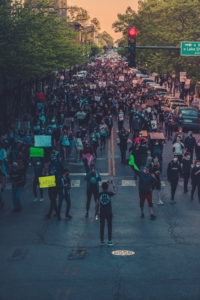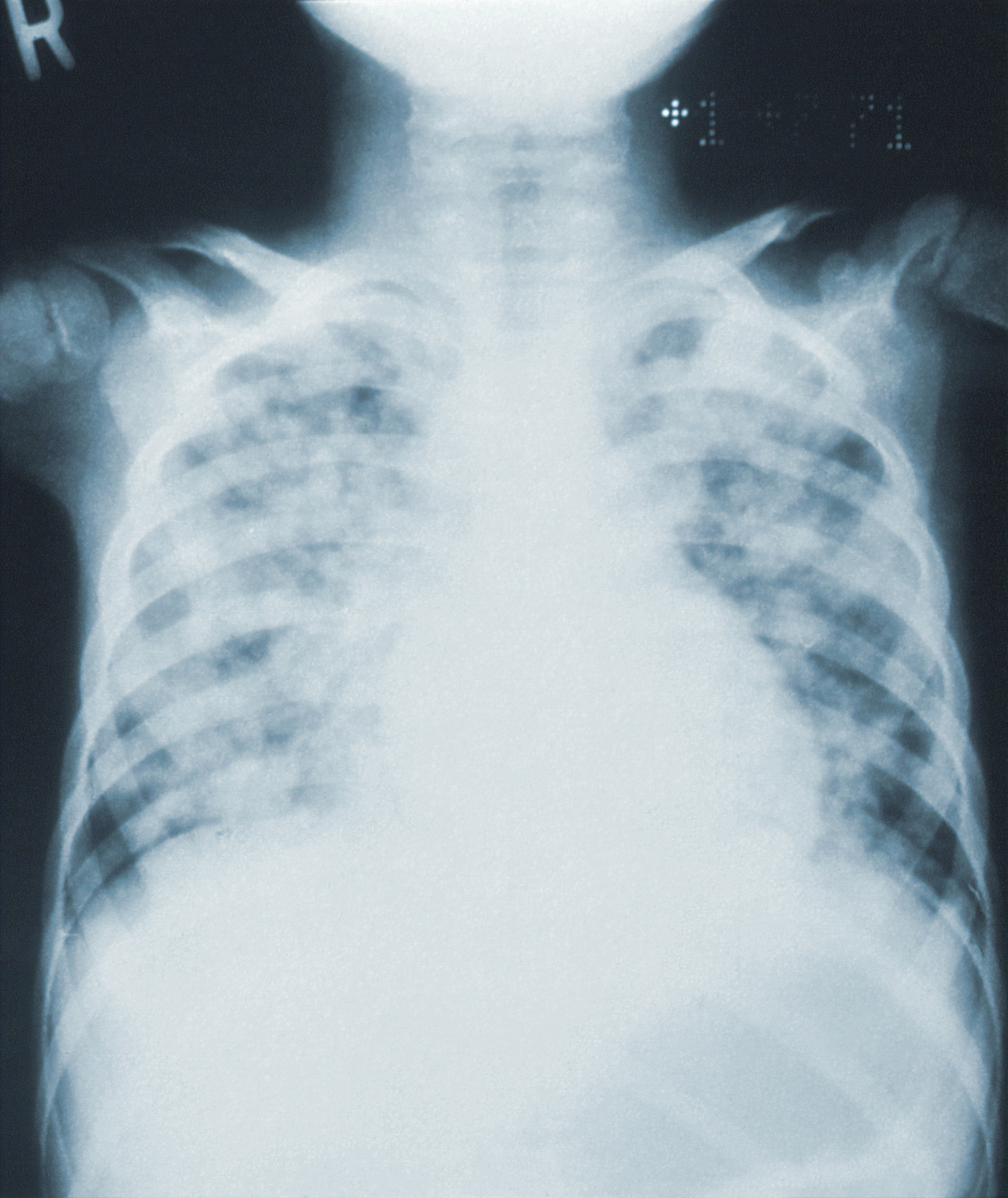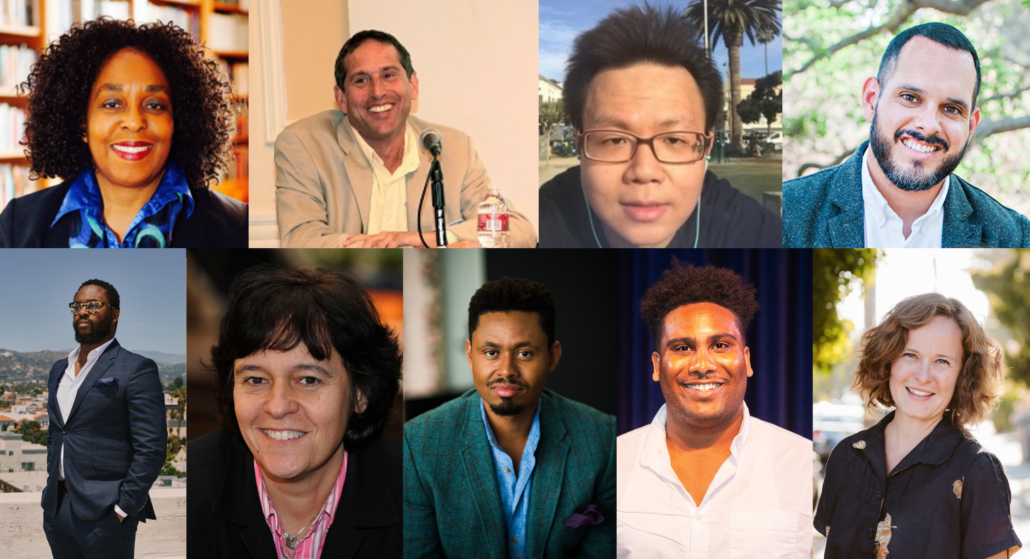Announcing the 2020-21 Class of Luskin Center Research Fellows
The UCLA Luskin Center for History and Policy is pleased to announce its next class of Luskin Research Fellows for 2020-2021. The Luskin Center is one of the first institutions of its kind in the nation to bring together in-depth historical research and cutting-edge policy analysis.
The Luskin Research Fellowships for 2020-2021 have been awarded to research teams comprised of UCLA faculty, graduate students, and community partners. Four Research Fellowship teams were selected this year from a large pool of very strong candidates.
These research teams are awarded funds to conduct collaborative research that will bring historical analysis to bear on specific issues of contemporary relevance. The teams are specifically asked to produce historical and policy analysis that will aim to solve the contemporary issue they have identified.
This year, we broadened our call for proposals to include public facing and artistic projects that also engaged partner institutions across Los Angeles.
The following projects reflect some of the most cutting edge approaches to utilizing history to inform the present and help guide the future. They address some of the most pressing issues of the day through a historical lens, including public health, racial inequality, and systemic injustice.
The winning teams are:
The Collecting Community History Initiative: The West During COVID-19 and Black Lives Matter
Project Members: Tyree Boyd-Pates of The Autry Museum of the American West, Dr. Stephen Aron, Dr. Brenda Stevenson
 In 2020, the Autry Museum of the American West launched The Collecting Community History Initiative (TCCHI): The West During COVID-19, which aims to help communities across the West identify and preserve items of historical and cultural significance during the COVID-19 pandemic. In the wake of the killing of George Floyd, the Autry expanded the project to collect and contextualize artifacts related to the “Black Lives Matter” protests that have erupted across the West (as well as the nation and the world).
In 2020, the Autry Museum of the American West launched The Collecting Community History Initiative (TCCHI): The West During COVID-19, which aims to help communities across the West identify and preserve items of historical and cultural significance during the COVID-19 pandemic. In the wake of the killing of George Floyd, the Autry expanded the project to collect and contextualize artifacts related to the “Black Lives Matter” protests that have erupted across the West (as well as the nation and the world).
This project will involve developing a UCLA seminar about the initiative, curation, and community engagement. It will also involve a series of public programs about plagues and protests, past and present.
Politics of Power: The Historical Evolution of Architecture and Cultural Identity in Minority Communities
Project Members: Hao Ding, Dr. Anastasia Loukaitou-Sideris
Architecture and design not only shape the built environment but can also help create and reinforce  cultural identities of places and communities through the construction of historic and cultural heritage. What happens, however, in neighborhoods that have a significant presence of racial and ethnic minority populations? To what extent is the evolution of architecture and design in these neighborhoods reflective of their cultural heritage and identity? Do local planning authorities allow expressions of the ethnic culture (or cultures) in the built environment or seek to reinforce a singular hegemonic cultural identity (namely the one of the dominant culture) through planning regulations, planning codes, and design guidelines?
cultural identities of places and communities through the construction of historic and cultural heritage. What happens, however, in neighborhoods that have a significant presence of racial and ethnic minority populations? To what extent is the evolution of architecture and design in these neighborhoods reflective of their cultural heritage and identity? Do local planning authorities allow expressions of the ethnic culture (or cultures) in the built environment or seek to reinforce a singular hegemonic cultural identity (namely the one of the dominant culture) through planning regulations, planning codes, and design guidelines?
This project will examine these question by researching the history of the architectural styles of cities such as Alhambra, Compton, and El Monte. Click here to learn more about this project and the project members.
Essential Workers, Health Crisis and Policy: A Public History of Farm LaborTitle
Project Members: Dr. Tawny Paul, Dr. Daniel Diaz
The Covid-19 pandemic has highlighted how much society depends on essential  workers. But some workers are more protected by policy than others. Rates of pay, health provision, working conditions, and access to recourse through unionization varies from sector to sector. Within the broad category of essential workers, farmworkers stand as a class apart.
workers. But some workers are more protected by policy than others. Rates of pay, health provision, working conditions, and access to recourse through unionization varies from sector to sector. Within the broad category of essential workers, farmworkers stand as a class apart.
LCHP will support this team to hold a public workshop that will contextualize the struggles being faced by farmworkers during the pandemic by discussing the movement to protect farmworkers in the 1960s, 1970s, and 1980s, from dangerous pesticides. Click here to read about this project and the project members.
Constructing Death in Medical Examiner Reports Title
Project Members: Dr. Terrence Keel, Armond Lee
 The medical examination of George Floyd is a recent episode in a long history of American biomedical science constructing death in ways that absolves state accountability and suppresses knowledge about the biological effects of institutional racism.
The medical examination of George Floyd is a recent episode in a long history of American biomedical science constructing death in ways that absolves state accountability and suppresses knowledge about the biological effects of institutional racism.
This project asks: How does the pretense of objective biomedical knowledge erase the conflict of interest between state-sanctioned violence protected by legal immunity and a state sanctioned medical body charged with the task of disclosing cause of death in state custody? LCHP will support this team in obtaining coroner’s reports and proof of death letters to examine historical examples that address this question. Click here to learn more about this project and the project members.
For inquiries about the Luskin Center, please write to luskincenter@history.ucla.edu.


